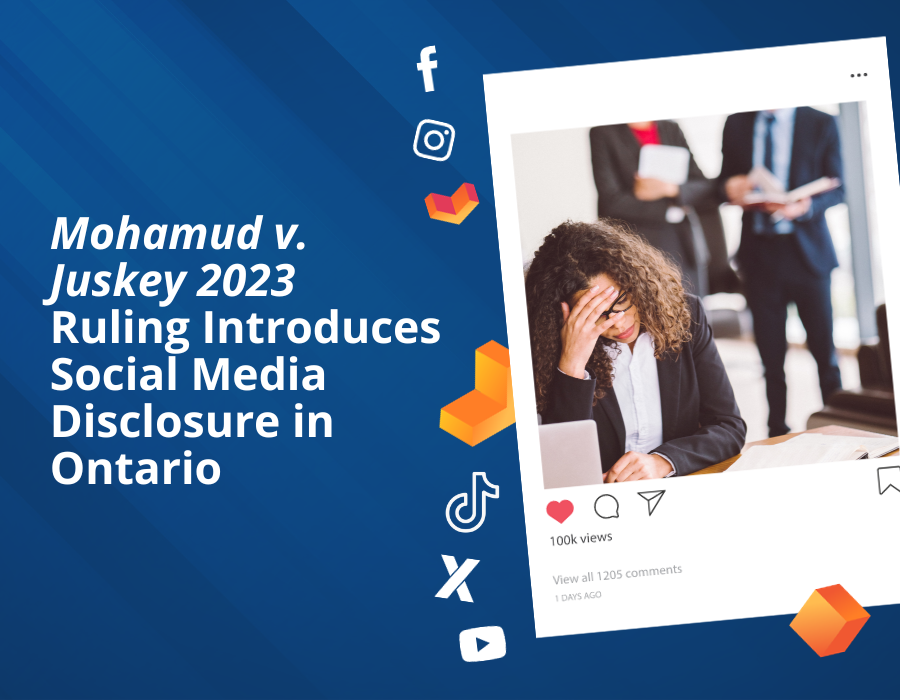
Forman v. Henkin, 20 N.Y.3d 656, 2018
In Forman v. Henkin, 2015, a horseback rider was injured after falling from a horse. The rider and plaintiff issued a claim against the owner of the horse following their injury. The defendant’s motion to compel discovery of the plaintiff’s private social media postings and private messages was granted by the Court.
However, the plaintiff appealed this motion, and the New York County Supreme Court contended that the defendant failed to show that the plaintiff’s social media content was discoverable by the Court. The Court noted that discovery demands based upon hypothetical speculations are improper since the standard of discovery for all evidence hinges upon the relevancy of information bearing on the claims.
In Forman v. Henkin, 2018, the defendant and owner of the horse appealed the Court’s decision. The defendant argued that the contents of the plaintiff’s social media accounts were relevant to their claims of a decreased quality of life, which included cognitive difficulties after sustaining an injury while riding the defendant’s horse. The plaintiff cited that their cognitive difficulties affected their ability to communicate, and as such, the defendant noted that private Facebook messages would be relevant to this claim.
The relevancy of this information met the standard of discovery since the nature of the evidence could conflict with the plaintiff’s alleged restrictions following their injury. The Court found that, due to the unique nature of social media accounts, discovery requests must be tailored to the individual case to avoid information irrelevant to the claims.
Key Takeaways in This Case
- Social media discovery is permitted where it is relevant, proportional, and within the control of the party asked to produce them.
- Disclosure of social media evidence is warranted when it is relevant to the plaintiff’s claims of alleged injuries and restrictions, as social media evidence may contradict such claims.
- A balanced effort is necessary to consider both the privacy and utility of evidence within the Court.
Private Footprint Keeps You in the Know
Your clients’ social media activity may be a goldmine or a minefield. Private Footprint was developed by Personal Injury Lawyers to help plaintiff-only law firms avoid the Discovery/Deposition Surprise and gain immediate and ongoing visibility into their clients’ social media activity to protect and increase the value of their files. We’re also enabling paralegals and legal assistants to produce client social media reports in minutes, not hours. All this for only $100 per client (plus taxes), invoiced as individual receipts itemized for ease of tracking disbursements. No hidden fees, no subscriptions, no surprises.
Request a Demo to learn more about Private Footprint and how you can start protecting the value of your files.



































